Russia's trump cards in the sanctions game with the US
(Baonghean.vn) - Washington's plans to impose sanctions against Moscow have sparked heated debates both in the US and in Russia about which country will suffer more losses.
 |
| Illustration: Getty |
The US has indicated that it will target exports of sensitive national security goods to Russia, halt flights by Russian airline Aeroflot to the US, and possibly ban all US exports to Russia. The proposed measures, according to the US State Department, are in response to the poisoning of former double agent Sergei Skripal and his daughter in the UK. Russia has denied the allegations and has repeatedly called for an impartial international investigation.
Considering the fact that Washington has sanctioned almost everything that could be used to sanction Russia and Moscow has refrained from using military force against the US, Russia has some interesting options this time around if it needs to retaliate.
So far, Russian lawmakers have warned that the new sanctions could be met with harsh retaliation targeting some sensitive areas of cooperation between the two countries. RT has taken a closer look at the list of countermeasures Moscow could deploy to inflict damage on the US.
Titanium
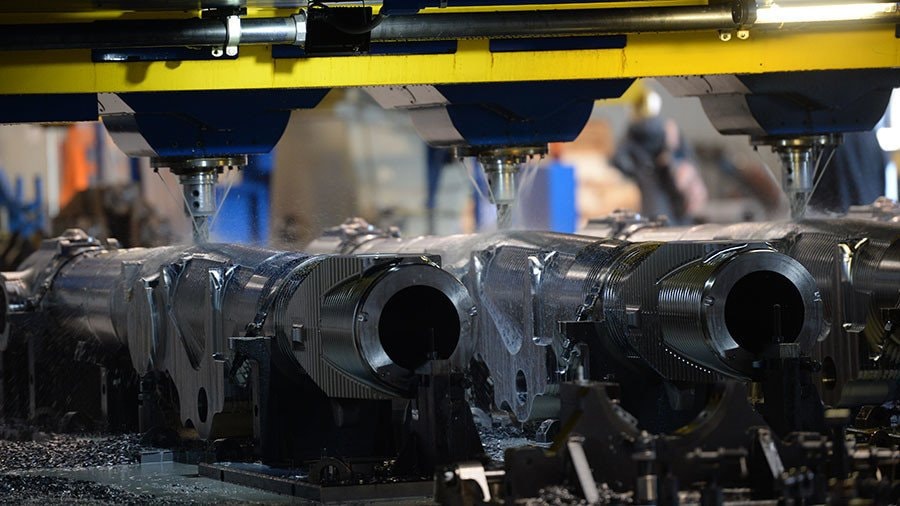 |
| Illustration: Twitter |
In a full-blown sanctions quid pro quo, the Russian government could impose a ban or some other type of restriction on titanium exports to the United States. Russia’s titanium monopoly VSMPO-Avisma produces a third of the world’s titanium components for the aircraft industry. The company markets 70% of its products globally. Avisma supplies 40% of Boeing’s titanium components and 60% of Airbus’s, and all of Brazil’s Embraer’s titanium.
Replacing Russian titanium is almost impossible for Boeing. Industrial use of titanium began simultaneously in the US and the Soviet Union in the 1950s. However, only Russia has succeeded in producing high-quality titanium alloys.
Using other materials is not ideal for Boeing either. Titanium has major advantages over other alloys. The aircraft industry requires materials that can withstand the immense stress of flying at high altitudes and constant exposure to the elements. Aircraft have traditionally been made from steel, but lighter, higher-strength materials are now being used to extend the life of aircraft and make them more energy efficient. Titanium is as strong as steel but 45% lighter. It can withstand prolonged exposure to seawater in the atmosphere above the ocean. Titanium’s strength makes it difficult to weld, contributing to its higher price than steel and aluminum.
Airspace
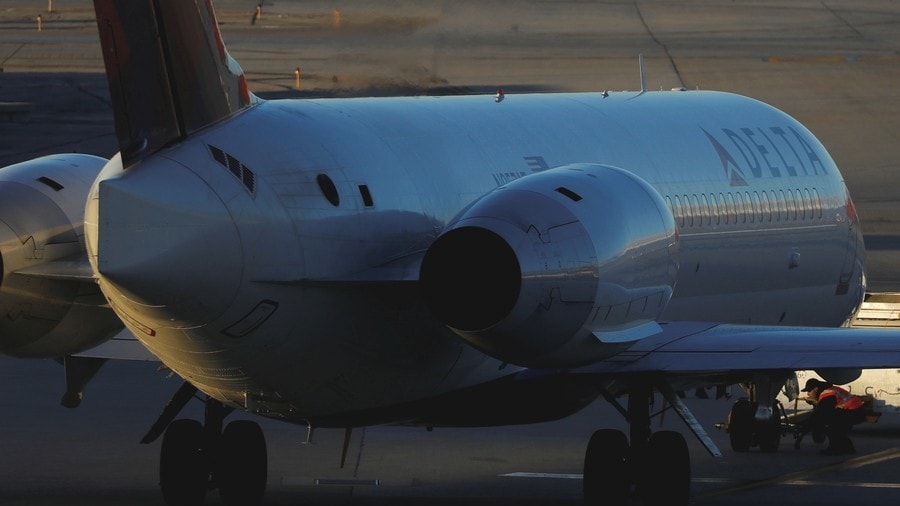 |
| Illustration photo: Reuters |
Strategically located between Europe and Asia, Russia could impose higher tariffs on the use of its airspace to transit all US cargo and passenger planes, or ban flights altogether.
In the best case scenario, US carriers would have to pay higher tariffs or choose alternative routes. But losing the shorter route from Europe to Asia via Russia would also mean losing competition with European and Asian airlines.
At worst, there will be no choice but to fly around the world’s largest country, which will significantly increase fuel costs. Either way, US carriers will suffer heavy financial losses, which could be catastrophic for the US airline industry.
LNG and other energy
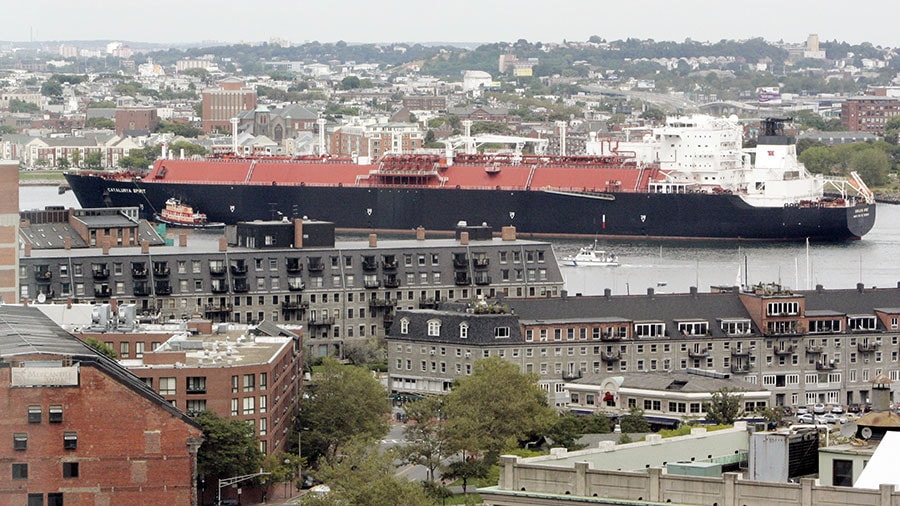 |
| Illustration photo: Reuters |
Imports of liquefied natural gas (LNG) and other energy products from Russia to the US could also be banned. Russian oil and petrochemical exports to the US are only about $8 billion, or 4.6% of Russia’s total energy exports. A ban would do relatively little harm to Russian producers, as they can easily divert those shipments to Asian traders.
However, it may be a different story for the United States, which is seeking to become a major energy exporter. Unable to produce enough for domestic consumption and export, and lacking enough LNG tankers, the United States is expected to resell Russian LNG to European countries. If Russia cuts off energy supplies, America’s plans to become a major energy exporter will be delayed.
American companies in Russia
Despite the worsening relations between Moscow and Washington, many US corporations continue to operate in Russia without interference from the local government. In retaliation for any new US sanctions, Russia could make it difficult for companies such as PepsiCo, Procter & Gamble, McDonald's, Boeing, Mondelez International, General Motors, Johnson & Johnson, Cargill, Alcoa, General Electric and many others. In August 2014, Russia's consumer watchdog closed four McDonald's restaurants in central Moscow for "administrative violations" and launched investigations into the company's 430 franchisees in Russia.
On the other hand, there are very few Russian companies in the US. Washington would find it difficult to retaliate in kind. The only thing the Kremlin needs to consider when targeting US businesses in Russia is domestic employment, as these companies provide jobs for Russian citizens.
Russian missiles
| Illustration: RT |
Supplies of RD-180 rocket engines are seen as one of Russia’s trump cards in retaliation for US sanctions. These engines are crucial to the US space program because NASA and the Pentagon use them to launch US rockets. Efforts to stop buying them from Russia have failed because the US cannot produce a domestic replacement.
The engines are used to power Atlas V rockets. In addition to the RD-180, the US also buys the Russian RD-181. The RD-181 is used to power the Antares rocket that launches the Cygnus cargo ship to the International Space Station for NASA. Earlier this week, a senior Russian lawmaker said Moscow could ban the sale of RD-180s as a retaliatory measure.

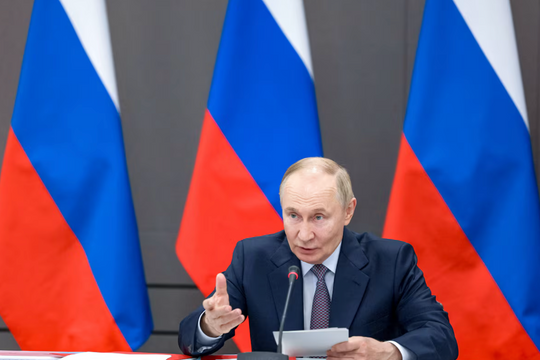
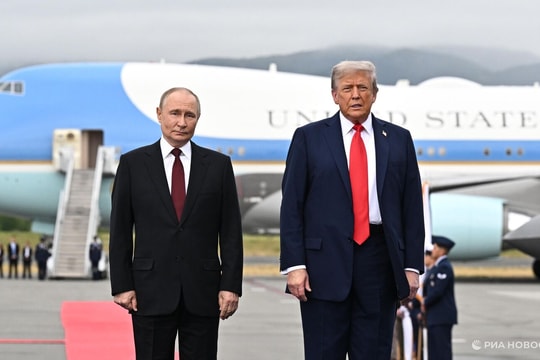

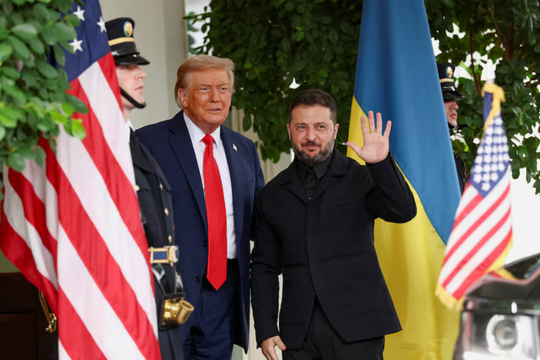

.jpg)

